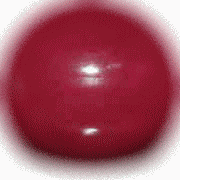
「The virility of the idea lies not less in its power of breakig through contemporary thought than in its capacity for dominating subsequent movements.
Taoism was an active power during the Shin dynasty, that epoch of Chinese unification from which we derive the name of China.
It would be interesting had we time to note its influence on contemporary thinkers, the mathematicians, writers on law and war, the mystics and alchemists and the latter nature-poets of the Yangtse-Kiang.
We should not even ignore those speculations on Reality who doubted whether a white horse was real because he was white, or because he was solid, nor the Conversationalists of the Six dynasties who, like the Zen philosophers, revelled in discussions concerning the Pure and the Abstract,
Above all we should pay homage to Taoism for what it has done toward the formation of the Celestial character, giving to it a certain capacity for reserve and refinement as "warm as jade." 」(From the Book of Tea-Taoism and Zennism,PP.42-43, Charles E. Tuttle Co., Rutland, Vermont-Tokyo, Japan)
Since the generation of the Shin Dynasty, the first dynasty of Chinese unification, Taoism
already had an active power for the formation of the Celestial character, a certain capacity for reservation and refinement.
It's also the long story that Taoism had the effective power to Japanese philosophical basis and to the formation of the Celestial character.
Therefore, we, Japanese had the affinity to the Zennism, which resulted in the philosophical backgland of the Way of Tea, the tea-ceremony.
Image Designer: Izumi Mori
No comments:
Post a Comment